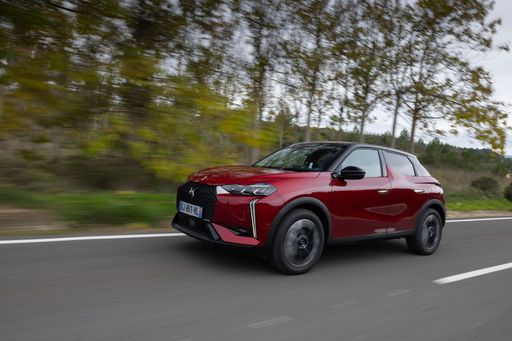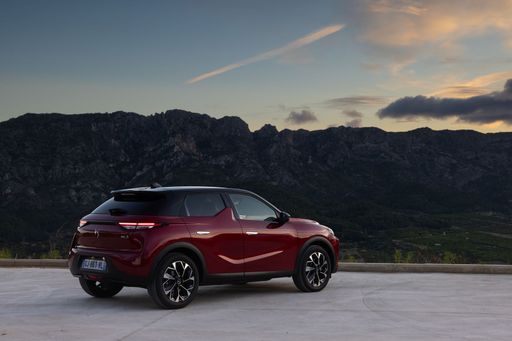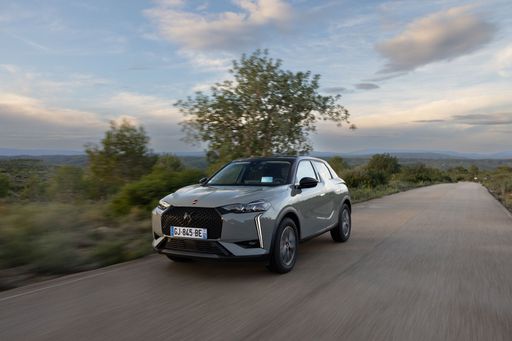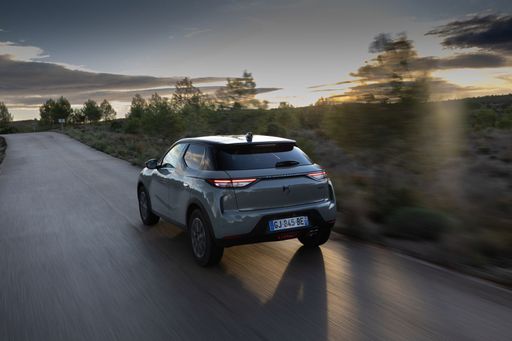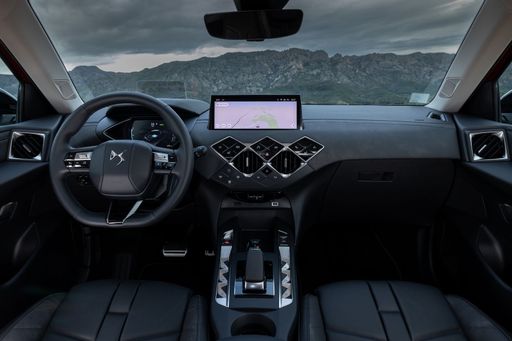Introduction
In the competitive compact SUV segment, the DS Automobiles DS 3 and the Toyota Yaris Cross both offer a compelling blend of style, performance, and efficiency. With distinctive design philosophies and innovative technologies, these two contenders promise to attract modern drivers seeking practicality and excitement. This article dives deep into a head-to-head comparison of the DS 3 and Yaris Cross, exploring their technical specifications, innovations, and overall driving experience.

